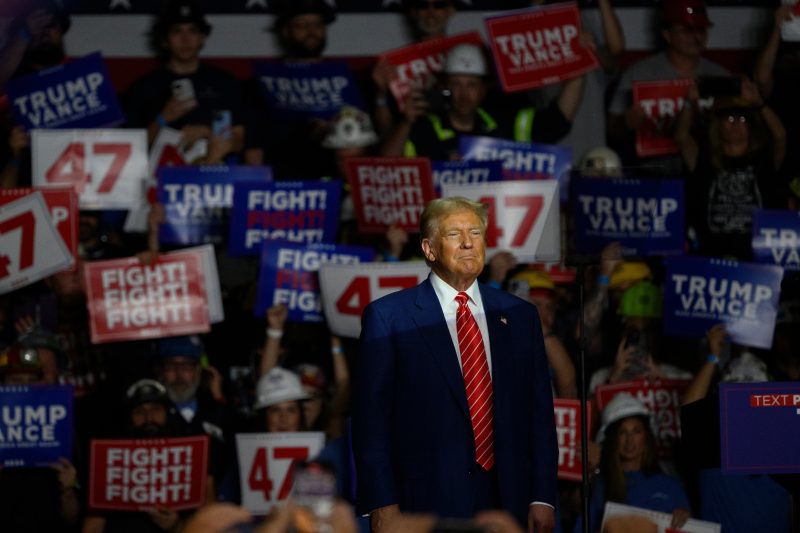In recent years, there has been a noticeable shift in the political landscape of the United States concerning LGBTQ issues. With the recent re-election of President Donald Trump for a second term, many civil rights groups and advocacy organizations are expressing concerns over potential policy changes that could impact the LGBTQ community. Trump’s second term agenda on LGBTQ issues has raised alarms within these groups, highlighting key areas of potential conflict and controversy.
One of the main concerns raised by civil rights groups is the fear of rollbacks on existing protections for LGBTQ individuals. During his first term, President Trump took steps to limit transgender individuals’ access to healthcare and sought to redefine gender in a way that could erase transgender identities. With the prospect of a second term, there is a real concern that these initiatives could be expanded upon, further marginalizing the LGBTQ community.
Another area of alarm is the issue of LGBTQ rights in the workplace. Despite recent progress in extending workplace protections to LGBTQ individuals, there are fears that a second Trump administration could weaken or eliminate these protections. The potential for new appointments to key government positions who are hostile to LGBTQ rights could lead to a rollback of workplace policies that currently protect LGBTQ employees from discrimination.
Furthermore, there is apprehension regarding the impact of potential Supreme Court appointments under a second Trump term. With the recent confirmation of Justice Amy Coney Barrett to the Supreme Court, the balance of the court has shifted in a more conservative direction. This has raised concerns that future decisions on LGBTQ rights, such as marriage equality and discrimination protections, could be at risk of being overturned or weakened.
Additionally, the global impact of Trump’s second term agenda on LGBTQ issues cannot be overlooked. The Trump administration has taken controversial stances on LGBTQ rights internationally, including opposing United Nations resolutions that seek to protect LGBTQ individuals from discrimination and violence. A continuation of this approach in a second term could further isolate the United States on the global stage and harm efforts to promote LGBTQ rights worldwide.
In conclusion, the alarm raised by civil rights groups over Trump’s second term agenda on LGBTQ issues is warranted given the administration’s track record and the potential for further policy changes that could harm the LGBTQ community. It is essential for advocacy organizations and allies to remain vigilant and continue to push for progress and protections for LGBTQ individuals in the face of potential challenges ahead.
